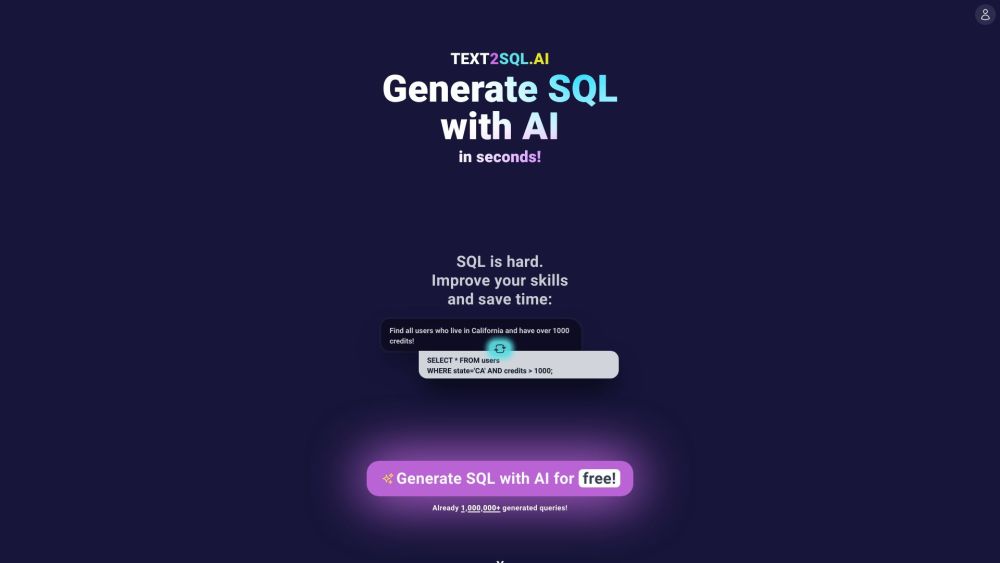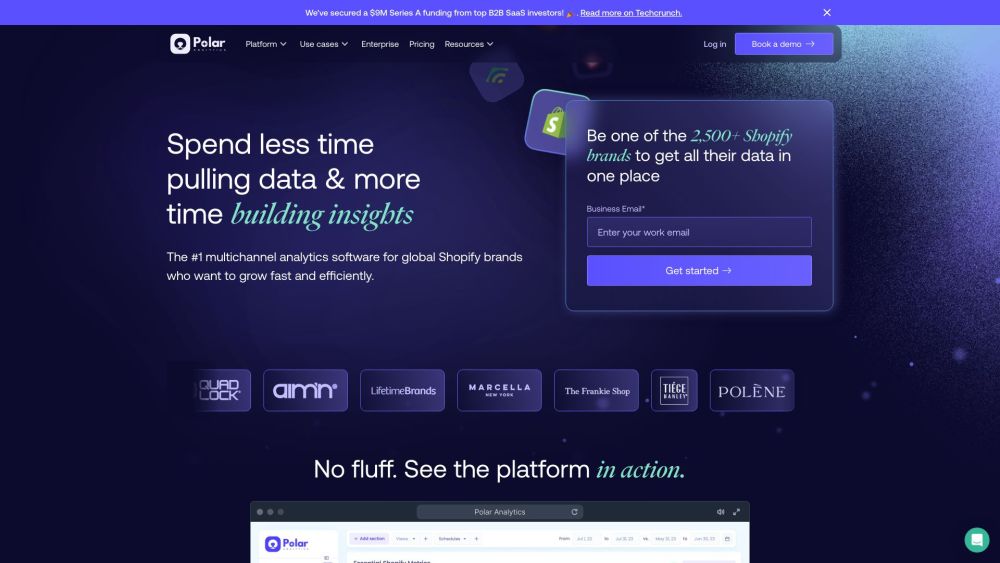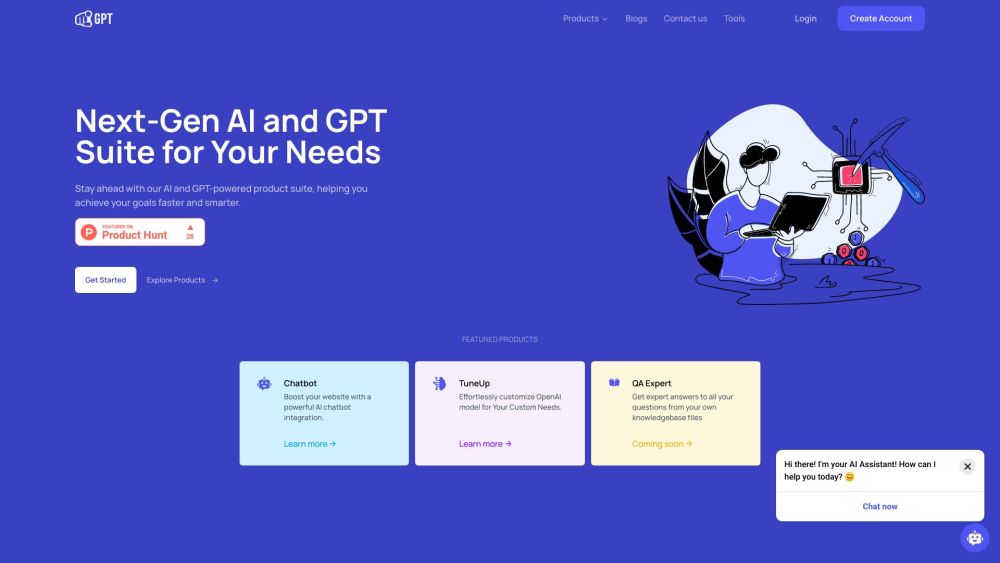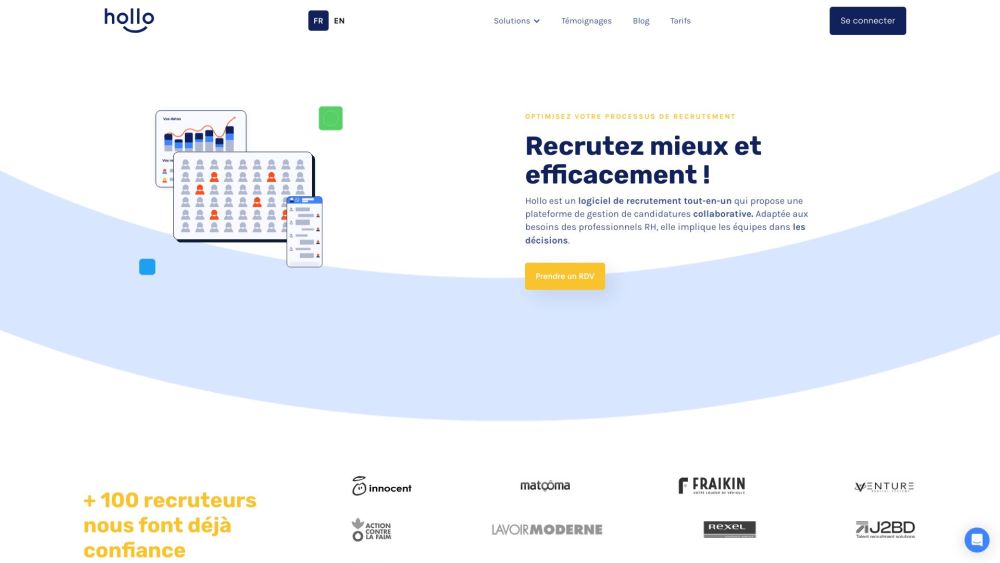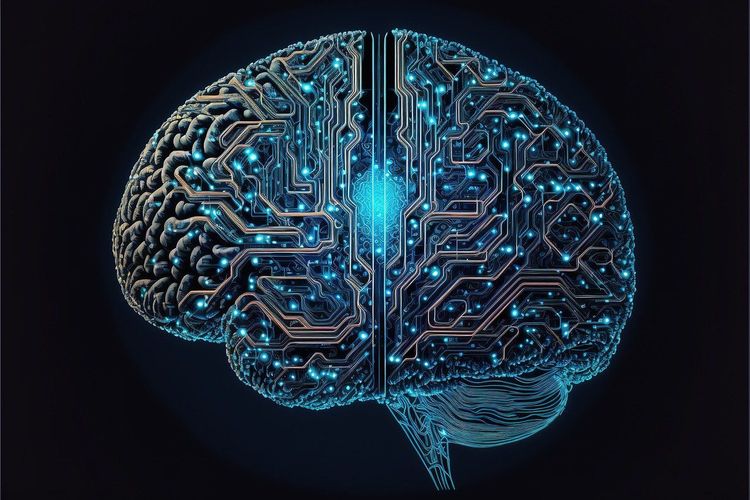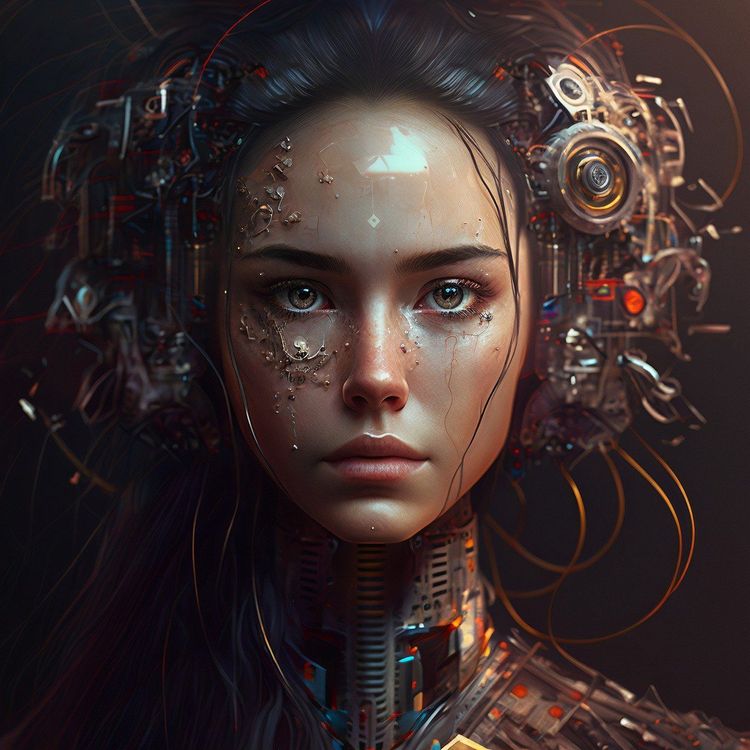OpenAI, the creator of ChatGPT and DALL-E, recently hosted its inaugural developer conference, revealing a range of innovations including advanced AI chatbot models, significant updates to its API, and new tools designed to empower developers in creating commercial applications. During the keynote, OpenAI CEO Sam Altman highlighted the widespread adoption of their solutions, stating that 92% of Fortune 500 companies leverage their technologies. Notably, around two million developers are actively utilizing the API, and ChatGPT boasts 100 million weekly users, primarily gained through word of mouth.
"We envision AI as a tool for individual empowerment, fostering agency at an unprecedented scale," Altman proclaimed. "This evolution will provide us with capabilities previously unimaginable, allowing everyone to harness 'superpowers' on demand as intelligence becomes seamlessly integrated into our lives."
Each conference attendee received $500 in OpenAI credits, underlining the company’s commitment to developer engagement. Below are some key updates shared during OpenAI’s Developer Day:
### Introduction of GPTs
One of the standout announcements was the introduction of GPTs—customized iterations of ChatGPT specifically designed for various applications. Altman explained, “You can build a GPT tailored to nearly any purpose using simple instructions alongside augmented knowledge and actions, ultimately allowing you to publish it for broader use."
Among the showcased applications was a GPT for educational settings, and Canva, a leading online design platform, demonstrated a GPT capable of converting natural language requests into visual designs. Jessica Shieh, an AI solution architect at OpenAI, showcased a GPT integration with Zapier, facilitating easier calendar management among team members.
The development of GPTs is user-friendly, requiring little to no programming background. Thanks to the new GPT Builder, users can create their GPTs using natural language. Altman demonstrated this by initiating the GPT Builder, specifying desired features and allowing the program to guide him through the creation process.
Additionally, users can enhance their GPTs with capabilities from DALL-E 3, and upload files to refine instructions. The GPT Builder features the foundational knowledge of GPT-4 and incorporates the latest version of Whisper, OpenAI’s advanced speech recognition tool, which can generate natural-sounding audio from a selection of six preset voices. "These improvements make interactions more intuitive and accessible, unlocking new use cases such as language learning and voice assistance," Altman noted.
### Unveiling GPT-4 Turbo
During the keynote, Altman introduced GPT-4 Turbo, the latest iteration of the GPT-4 model. This upgrade addresses numerous developer requests, featuring an impressive context length of up to 128,000 tokens, equivalent to approximately 300 pages of text—a significant enhancement over the previous limit of just over 8,000 tokens.
GPT-4 Turbo introduces a new JSON Mode feature, which enhances command control and safeguards during API calls. This model also retains cutting-edge knowledge, incorporating updates up to April 2023, with plans for continuous information enrichment.
A high-utility feature dubbed Reproducible Outputs allows users to dictate consistent outputs by passing a seed parameter, providing greater control over the model's behavior. This feature is currently in beta.
Cost-effectiveness stands out as a critical improvement: GPT-4 Turbo is designed to be cheaper than its predecessor, costing only one cent per 100 input tokens and three cents per output token, compared to GPT-4's previous pricing structure. Altman explained that optimizing costs while maintaining performance was a priority based on developer feedback.
In addition, the enhanced GPT-3.5 Turbo model is now three times more affordable than the earlier version, providing a highly competitive option for developers.
### Collaborations and Future Insights
Microsoft CEO Satya Nadella joined the keynote, sharing insights on how OpenAI's large language models have significantly transformed Azure, Microsoft's cloud computing platform. "Our primary mission is to construct the finest systems for developers to build outstanding models and facilitate their innovative processes," Nadella stated. He reaffirmed Microsoft’s strong commitment to their partnership with OpenAI, which includes a substantial investment of $10 billion.
### Updates to ChatGPT and API
OpenAI has rolled out numerous improvements to ChatGPT, now powered by GPT-4 Turbo. Notably, the model picker will be removed; ChatGPT will automatically select the most suitable tools for user queries.
To protect its customers, OpenAI announced a legal safeguard, with plans to cover any copyright infringement costs incurred by its enterprise clients or those utilizing its API.
The OpenAI API also received vital updates, such as supporting image inputs with DALL-E 3 and GPT-4 Turbo’s vision capabilities. Enhanced API functionalities, including log props visibility, will be available shortly, along with a significant upgrade to Whisper via Whisper v3.
OpenAI is committed to assisting corporate clients in developing custom models, although Altman cautioned that initial engagements may be labor-intensive and costly. The launch of the new Assistants API aims to simplify the creation of AI agents, which have already been implemented in platforms like Discord and Snapchat. This API will enhance the user experience by incorporating features such as Persistent Threads and built-in retrieval tools, making the development process more efficient.
These groundbreaking advancements showcase OpenAI’s dedication to enhancing AI capabilities and empowering developers to create innovative solutions that transform how businesses operate.
